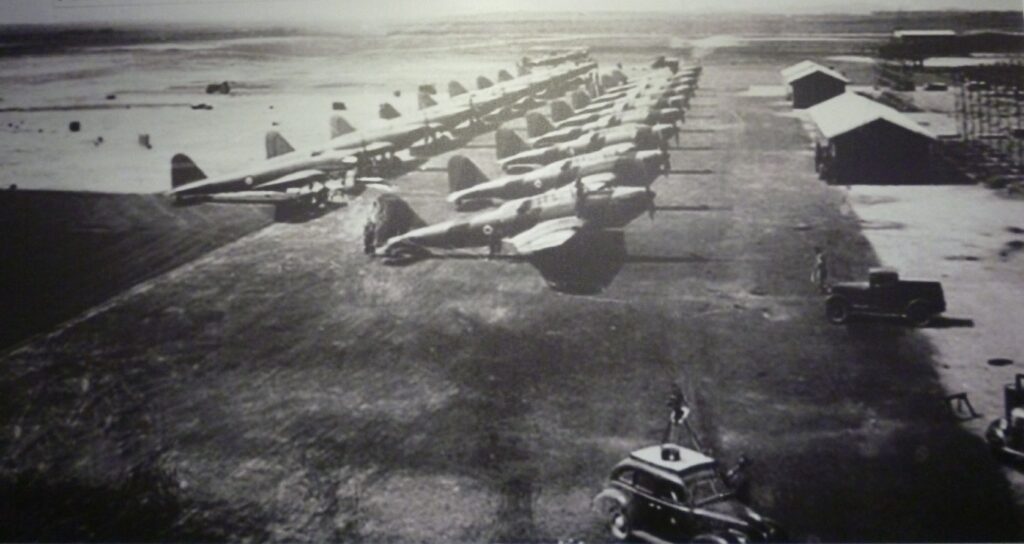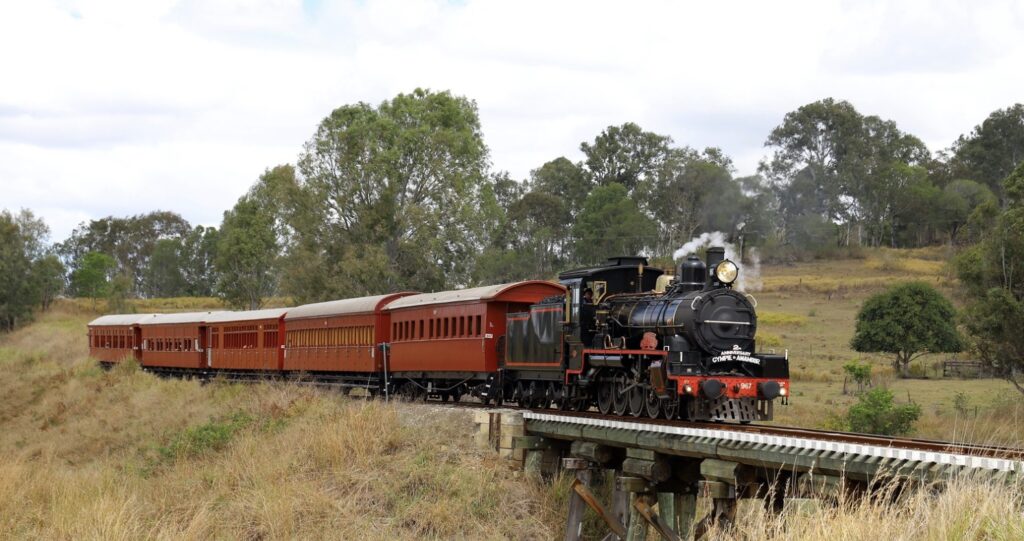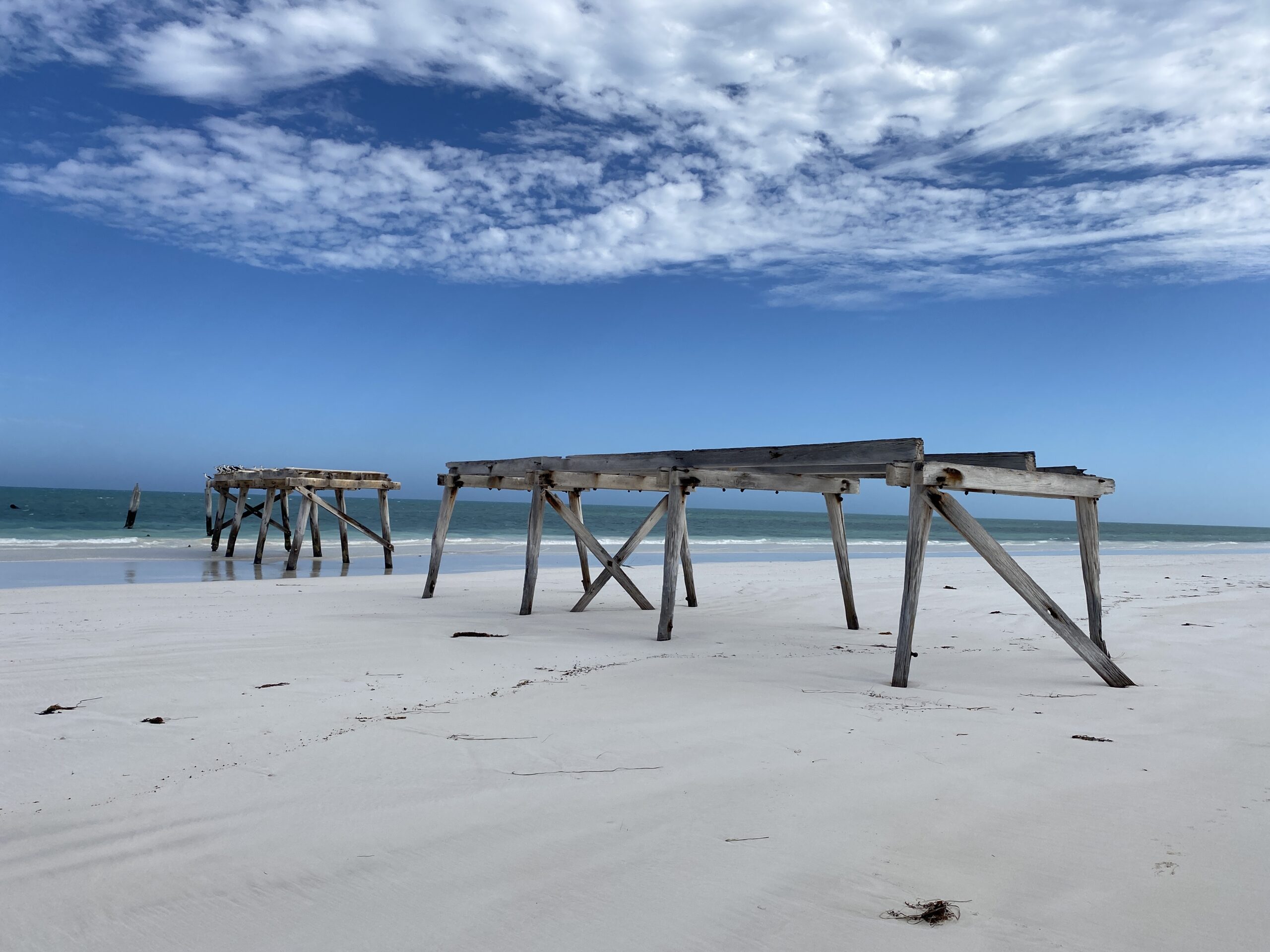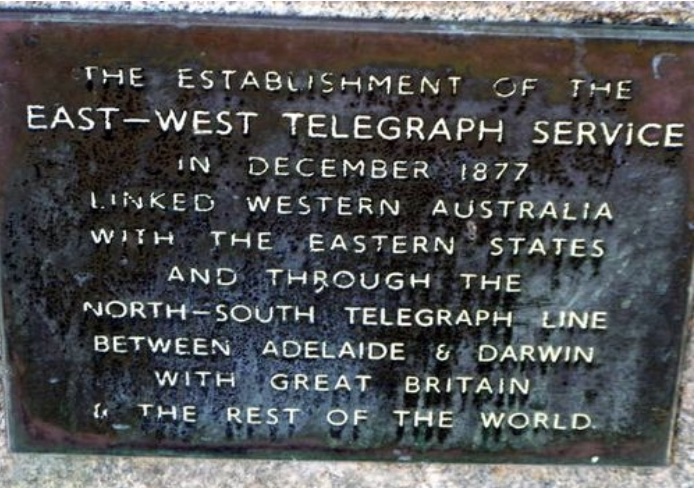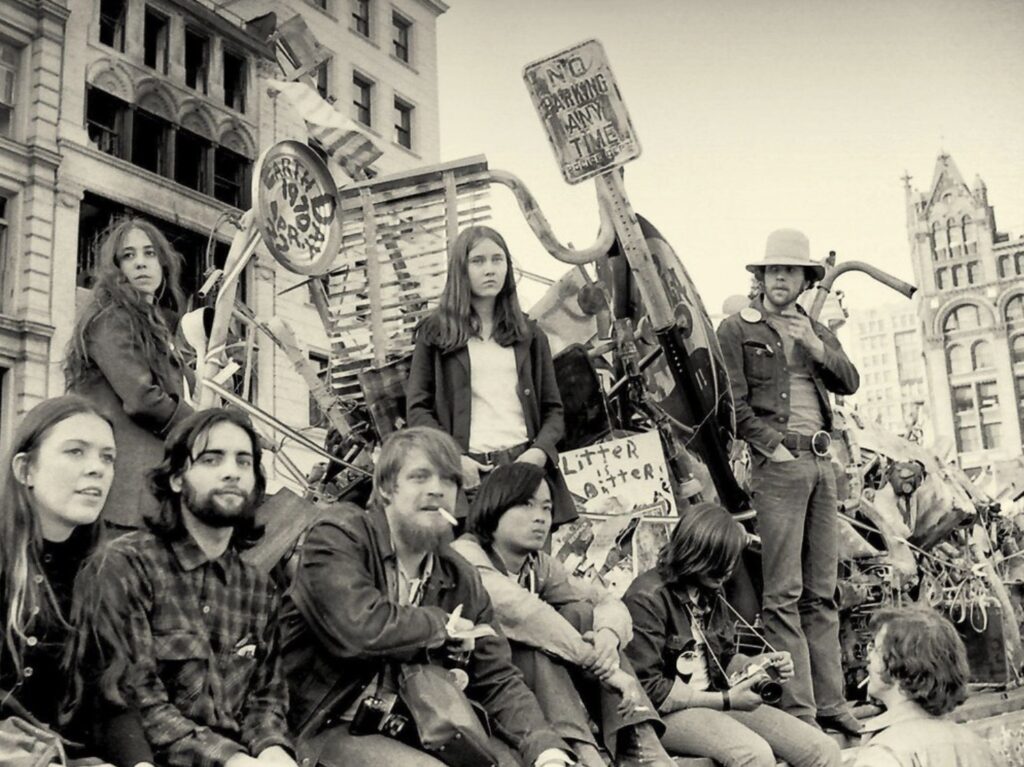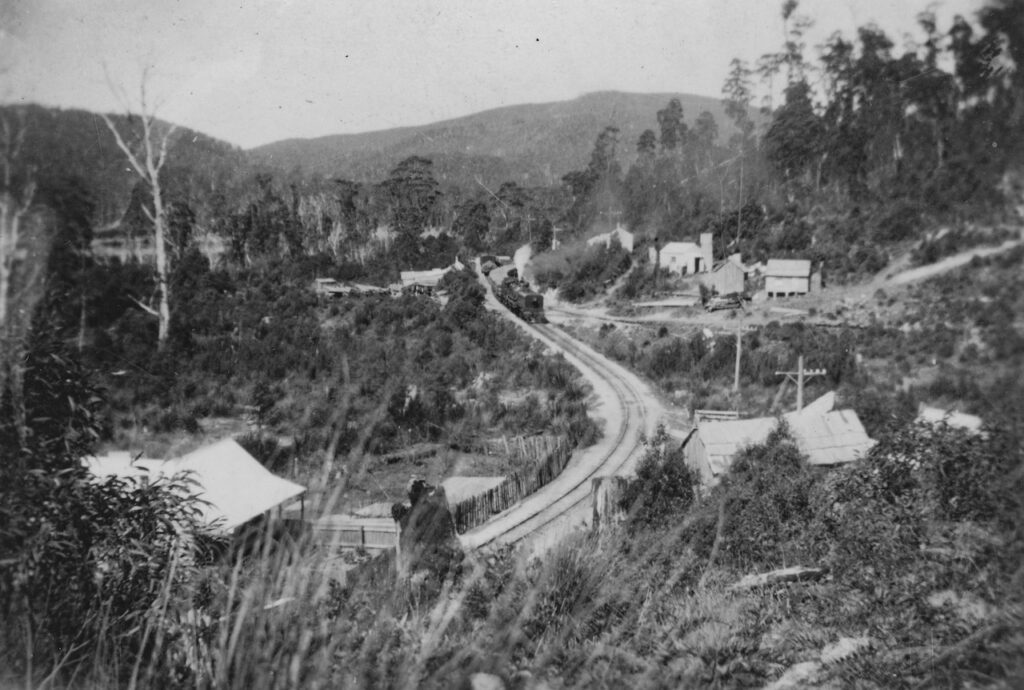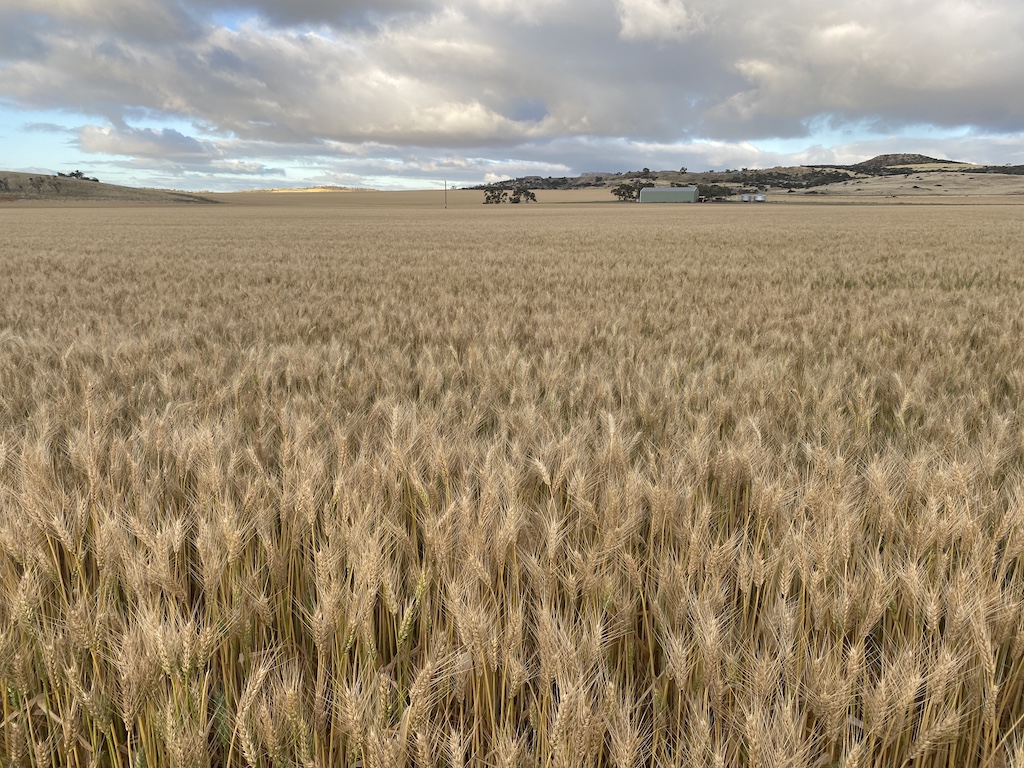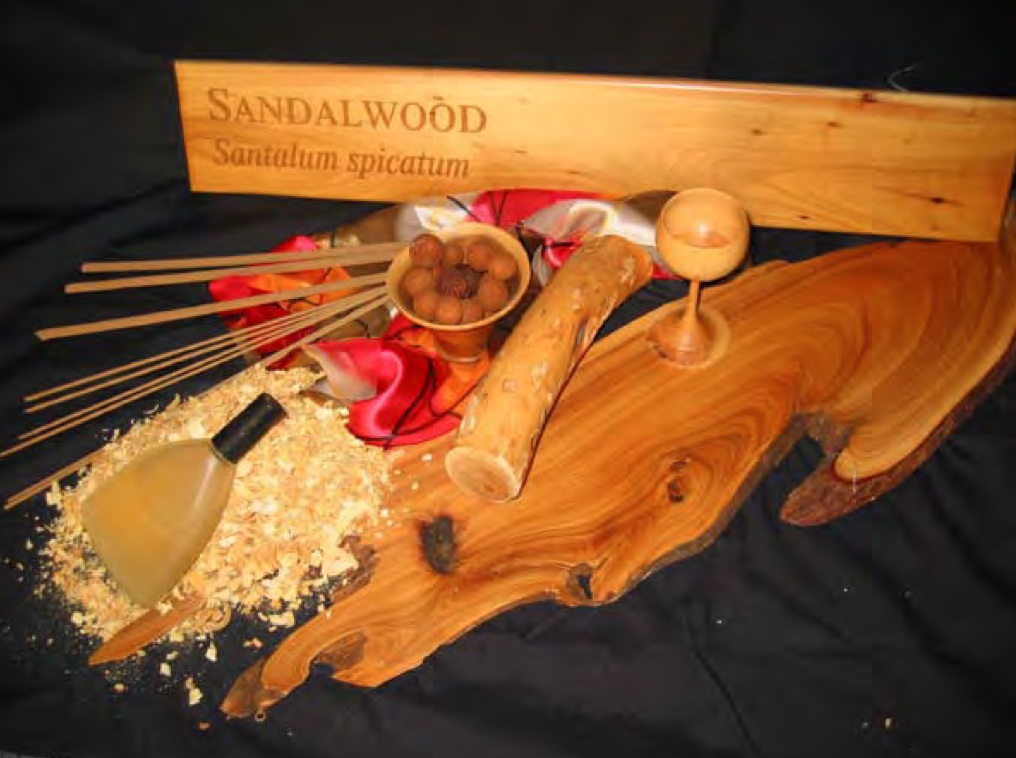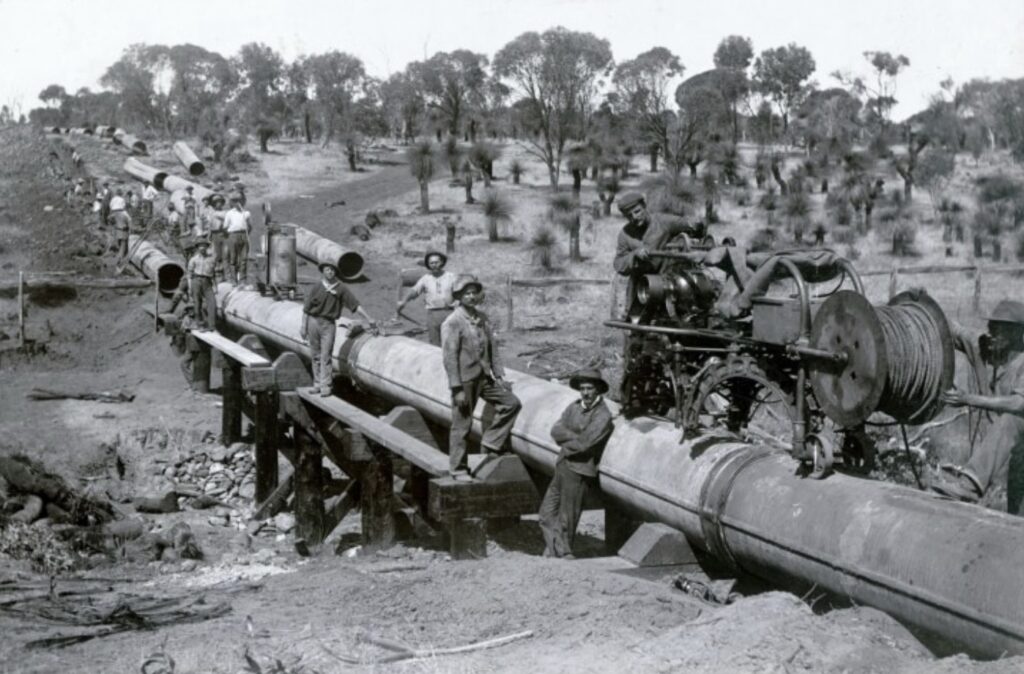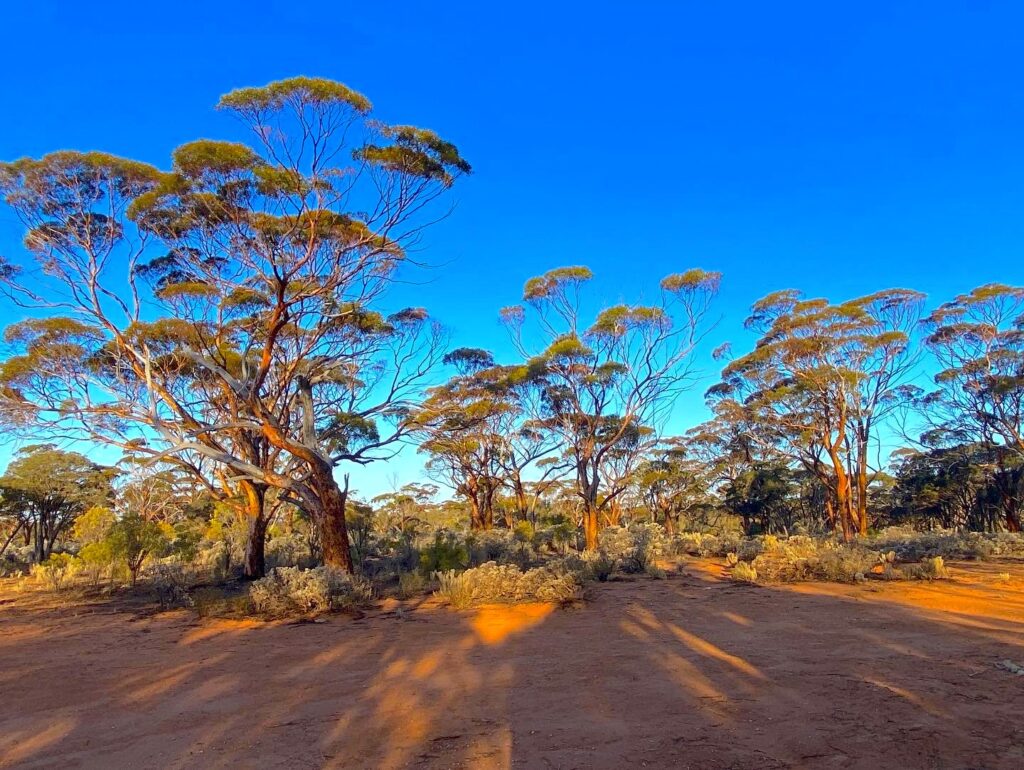gold
The big shift – towns that have moved in Australia
As we travelled around Australia, I was amazed at how many towns we came across that had shifted for whatever reason. While I already knew about a few, I had no idea many towns were forced to move.
Probably one of the best-known is Eucla on the Nullarbor Plain. The Eucla Telegraph Station opened in 1877 and helped link Western Australia with the rest of Australia and the world.… Read more
Connecting Western Australia to the rest of the world
Introduction
The first telegraph message in the world was sent on 24 May 1844, using Morse code, a system of dots and dashes representing letters of the alphabet. The system was invented by Samuel Morse, inspired by the fact that when his wife died in 1825, he did not hear of the event until days after her funeral due to the slowness of communications at the time.… Read more
Why on earth do we continue to celebrate Earth Day?
The reason why humans prioritise bad news, according to Nobel Prize-winning behavioural psychologist Daniel Kahneman, is because “organisms that treat threats as more urgent than opportunities have a better chance to survive and reproduce”.
In the lead-up to this year’s Earth Day celebrations later this month, I thought it was timely to look closely at whether they are still relevant, given the dire predictions that have emanated from this day each year have never come to pass. … Read more
Living on the buttongrass plain – a history of Bulgobac
I grew up in a sawmill town on the edge of the buttongrass plain Beside a railway track in the town of Bulgobac Where the locos stop for water from the water tank It also fed the sawmill and the town of Bulgobac Gravel roads were twenty miles away and people very few With mountains all around us with panoramic views At night we sat at the table to a meal of wallaby stew And mother read the bible at night by the kerosene light its true Drivers wait from the loco as it headed south to Boco On the way north they passed our shack in the town of Bulgobac I was part of a big family with no power to our home The times are gone but memories live on living on the buttongrass plain Mother cooked from a wood fired oven Anzac biscuits she baked by the dozen Life was tough but we never complained living on the buttongrass plain I still recall the good old days and how we lived back then In the sawmill town called Bulgobac growing up on a buttongrass plain I’ll never forget with no regrets of life way back then The times are gone but memories live on living on the buttongrass plain The times are gone but memories live on growing up on a buttongrass plain Mott Ryan “Buttongrass plains” from his CD “The Boy from the Buttongrass Plains”
Introduction
Bulgobac is a small siding on the Emu Bay Railway at the 55 Mile.… Read more
Squeezing yield from rain – the Wheatbelt story
Tho’ it ain’t a life o’ pleasure, An’ there’s little time for leisure, It’s contentin’, in a measure, is the game of growin’ Wheat.
C. J. Dennis ‘Wheat’ 1918
Introduction
The Wheatbelt region in southern Western Australia extends across a large area as a crescent and is one of the few major agricultural regions in the world viewed from space.… Read more
Wooden gold
Introduction
Sandalwood is a highly aromatic timber that has been harvested in Asia over centuries for many uses. The main one has been burning powder from the tree in joss sticks as incense and forms a significant part of religious ceremonies. In Australia, Aborigines had many cultural uses for sandalwood. Some species can be carved into delicate products such as inlaid boxes, ornaments and incense holders.… Read more
Liquid gold and the Goldfields Pipeline
The discovery of gold in Western Australia’s eastern interior in the 1890s was telegraphed around the world. People flocked to the new fields in the arid interior of the colony. While the focus was on making a fortune from the gold, there was hardly any precious, clean water, and very soon, many people were more interested in water than gold to survive.… Read more
A tale of the Goldfields Woodlands where ideology triumphs professionalism, experience and history
“Think of forests of WA and you picture the green south-west; think of Kalgoorlie and you conjure thoughts of gold, not trees. But the green and gold are inseparable. The trees that kept the hearts of the mines pumping were cut from native woodlands miles from the goldfields and hauled along specially constructed bush railways”. … Read more
